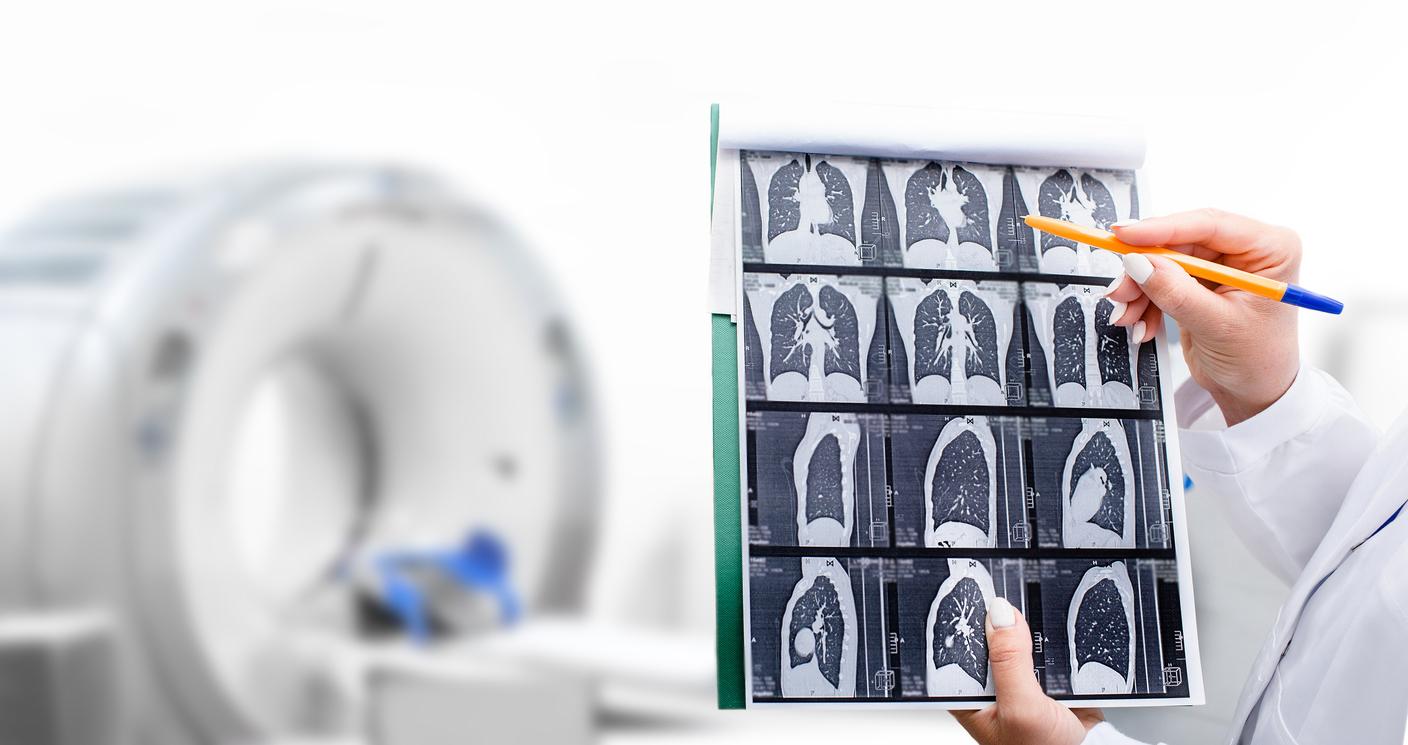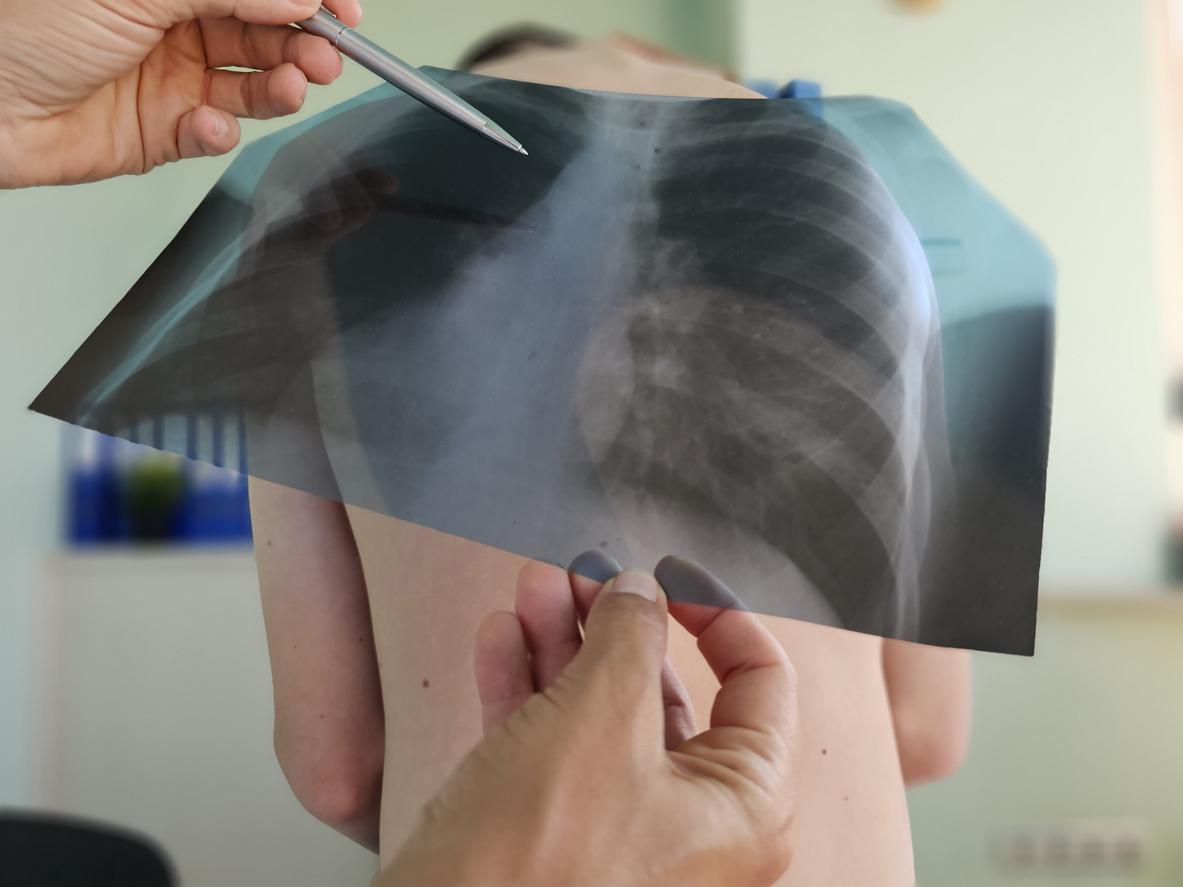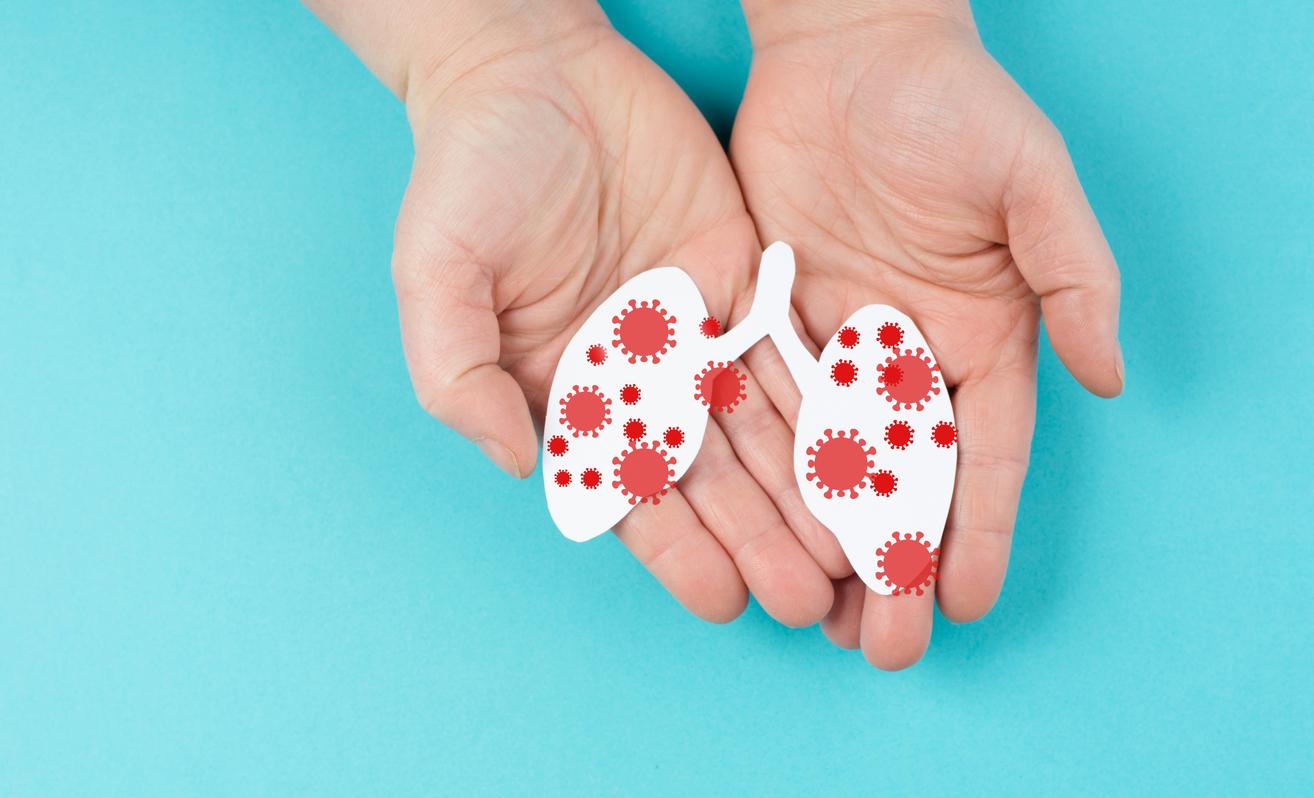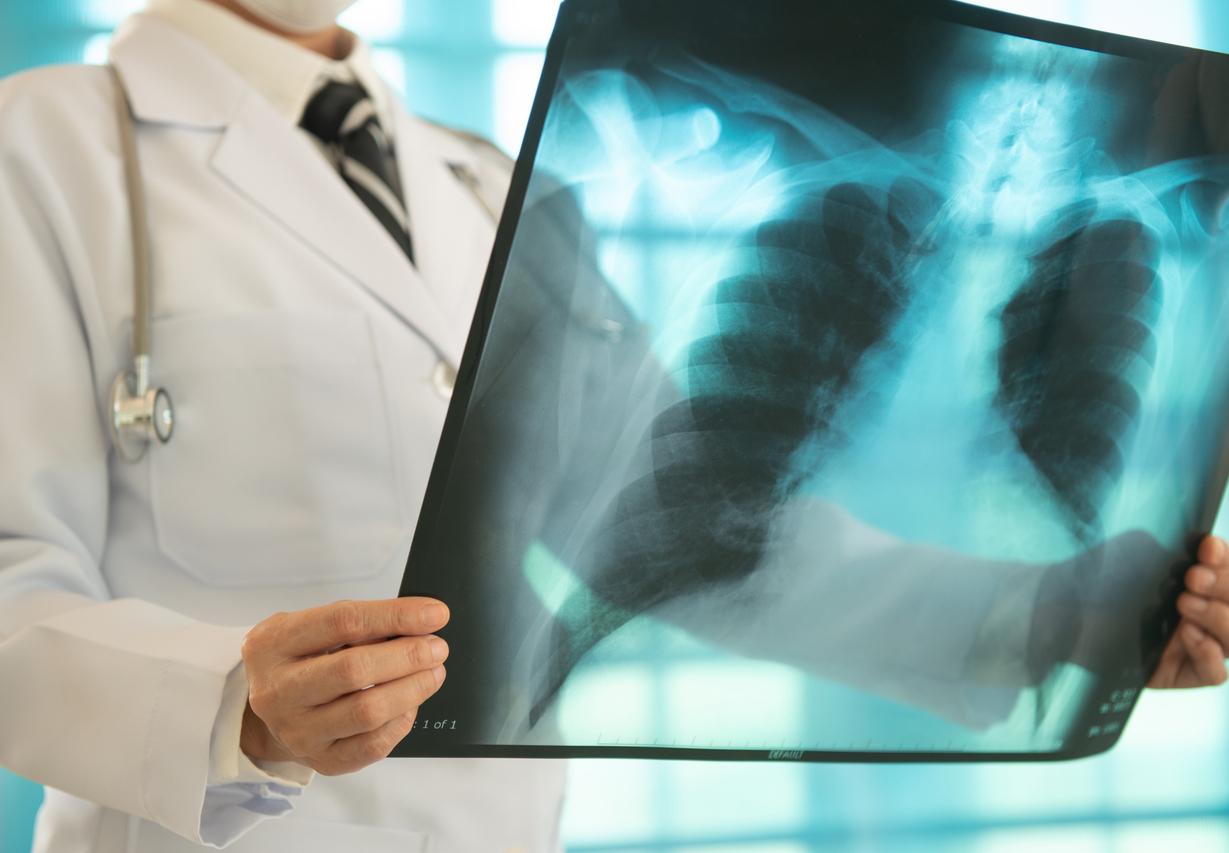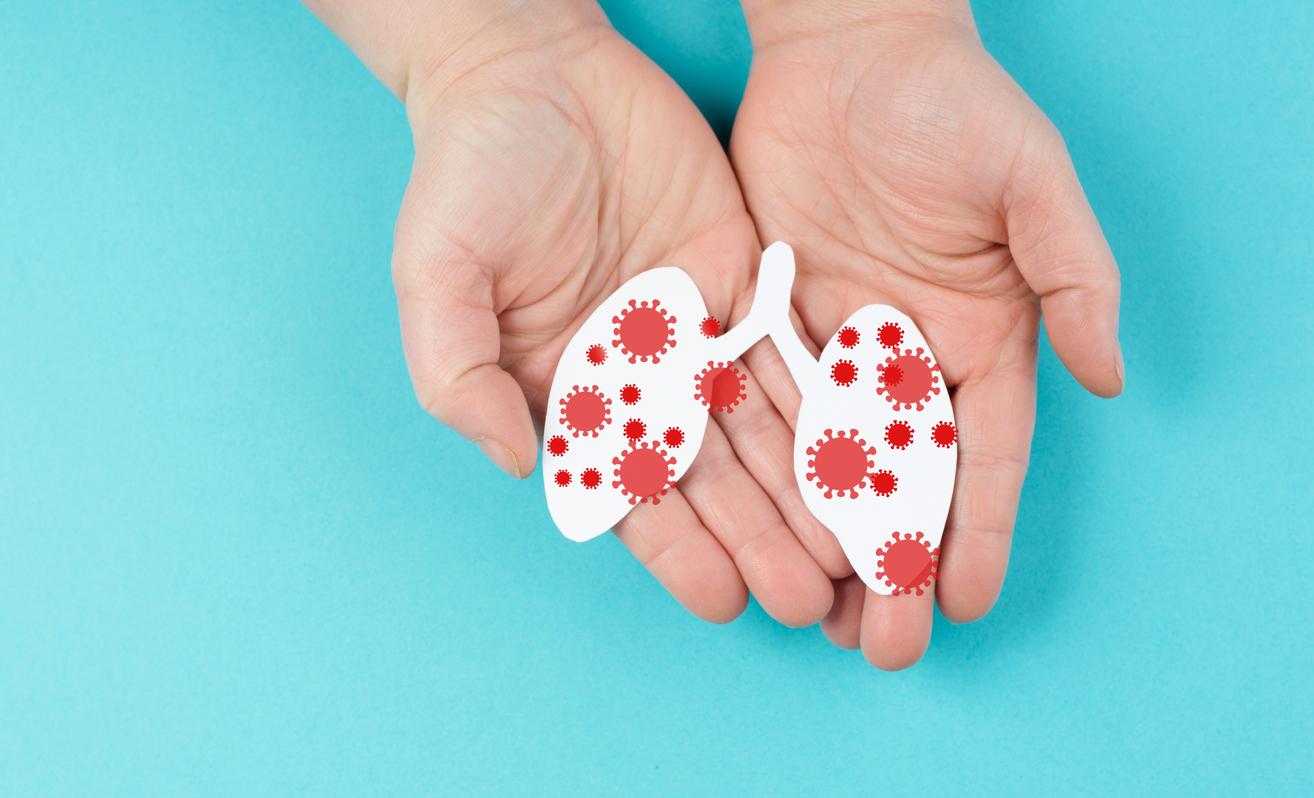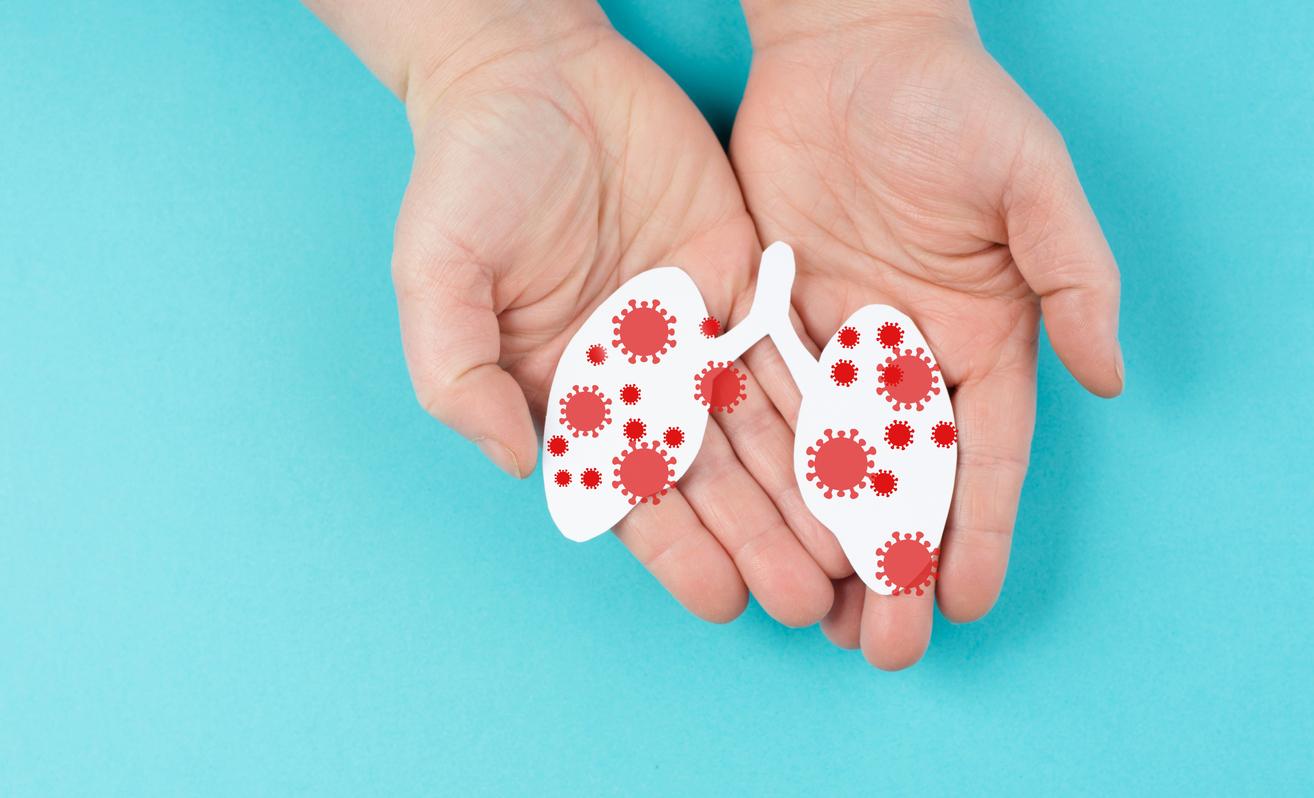Doctors Without Borders warns of the difficulties of access to effective drugs against multidrug-resistant tuberculosis. Only 2% of patients benefit from it.

In 50 years, only two new drugs have been approved to fight tuberculosis. They are effective against multidrug-resistant forms, that is to say those for which commonly used drugs are no longer sufficient. Corn according to a report by Doctors Without Borders (MSF), published on the occasion of World Tuberculosis Day, only 2% of the 150,000 patients in the world have access to it.
“After half a century of waiting, we finally have new drugs that could save the sickest patients, and it is very frustrating not to be able to offer them to all those who need them”, laments Dr Joseph Tassew. , MSF coordinator in Russia, a country particularly affected by multidrug-resistant forms.
5% multidrug-resistant forms, and much more in some countries
According to the World Health Organization (WHO), 9.6 million people developed tuberculosis in 2014, and 1.5 million died from it. It is the deadliest infectious disease in the world, along with HIV. In 5% of cases (480,000), it would be multidrug-resistant.
When the treatment is not completed under rigorous conditions – the patient feels better quickly and stops it, or the drugs are not readily available – these resistant forms appear. They are complicated and long (up to 2 years) to treat, and the resistant strain can be transmitted.
Dr Sandrine Cloëz, pharmacist for tuberculosis at MSF: “Resistant forms are treated with a combination of molecules, oral and injectable, with many side effects. Treatment can last up to two years and require 2 injections per day. “
According to Dr Cathy Hewison, tuberculosis referent in the medical department of MSF France, this rate could be much higher in some countries, sometimes even higher than 50%. “In South Africa, in Lesotho – where the prevalence of HIV makes tuberculosis even more deadly -, in Belarus, in Eastern Europe or in Georgia for example, the needs for these new treatments are very important”, a- she explained to Why actor.

Medicines that are still too expensive
The two new drugs, based on delamanid and bedaquiline, are slow to be available in the countries most affected by the resistant forms. In Russia, for example, MSF is the only distributor of delamanid, and only seven patients benefit from it.
In its report on monitoring access to drugs for resistant tuberculosis, the NGO highlights the efforts made which have led to a general reduction in treatment prices. While it took between $ 4,400 and $ 9,000 in 2011, the cost has dropped to between $ 1,800 and $ 4,600.
The addition of the two new molecules nevertheless contributes to a further increase. Treatment of resistant tuberculosis involves a combination of drugs, to which delamanid and bedaquiline can now be added, when necessary and possible. They could cost $ 1,700 and $ 3,000, respectively, in addition to the basic salary.
Dr Sandrine Cloëz, tuberculosis referent pharmacist at MSF: “The big barriers are the price, and the fact that we do not always have the necessary quantities for certain molecules. “
” Through a project called EndTB, we have four goals, says Dr. Hewison. Put as many patients as possible on treatment in 15 particularly affected countries, carry out clinical trials which are still lacking, speed up marketing authorizations and promote MSF’s experience ”.
2% resistant forms in France
Tuberculosis kills 900 people every year in France, according to the Institut Pasteur.
Since 1972 and the start of epidemiological surveillance, its incidence has been divided by 9, but almost 5,000 cases were still recorded in 2013. Among them, only 83 presented a multidrug-resistant form, ie less than 2% (InVS data). This figure is low because when the treatment is followed to the end (6 months in principle) as is often the case in France, the risk of developing resistance is low.
Tuberculosis primarily affects men (62%) and people born abroad for whom the prevalence of the disease is ten times higher.
Since 2007, the anti-tuberculosis vaccine (BCG) is no longer compulsory, but it remains strongly recommended for children, before they enter community establishments (nursery, nursery, leisure center). The recommendation is particularly strong in Ile-de-France, Guyana and Mayotte, territories most at risk.
To treat multidrug-resistant forms, delamanid received marketing authorization in 2014, and temporary authorization for use was renewed in 2015 for bedaquiline.
.







